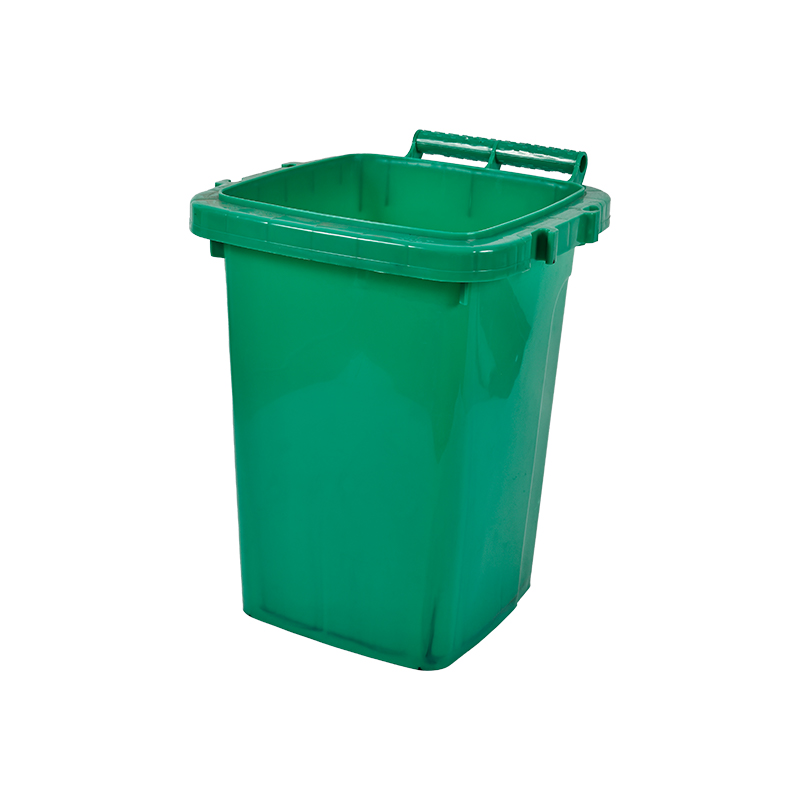
The Preferred Material for Plastic Trash Can Molds
Plastic trash cans have become an indispensable part of waste management systems, offering convenience and cleanliness in various settings. The manufacturing process of plastic trash cans heavily relies on molds, which play a crucial role in shaping the final product. Selecting the right material for trash can molds is essential for ensuring durability, precision, and efficiency in the production process.
Polypropylene (PP) - The Preferred Choice:
Polypropylene (PP) stands out as the preferred material for manufacturing plastic trash can molds due to its exceptional properties. PP is a thermoplastic polymer known for its versatility, strength, and cost-effectiveness, making it ideal for a wide range of applications.
Strength and Durability:
Polypropylene offers excellent strength and durability, allowing the mold to withstand the rigors of the injection molding process. It can handle high temperatures and pressures without deforming or losing its shape. The strength of PP molds ensures longevity, enabling manufacturers to produce a high volume of trash cans without compromising quality.
Chemical Resistance:
Trash cans are exposed to various types of waste and cleaning chemicals. Polypropylene possesses excellent chemical resistance, making it highly suitable for trash can molds. It can withstand exposure to acids, bases, and other corrosive substances commonly found in waste materials. This chemical resistance ensures the longevity and functionality of the mold, contributing to the production of robust and long-lasting trash cans.
Easy Machining and Moldability:
Polypropylene is known for its ease of machining and moldability. It can be easily molded into complex shapes and intricate designs, allowing manufacturers to create trash cans with customized features and dimensions. The moldability of PP reduces production time and costs, enhancing efficiency in the manufacturing process.
Lightweight Nature:
Polypropylene molds offer the advantage of being lightweight, which facilitates easy handling and transportation. The lightweight nature of PP molds simplifies the process of mold setup, removal, and maintenance, saving time and effort for manufacturers. Additionally, lighter molds contribute to the overall cost-effectiveness of the production process.
Cost-Effectiveness:
Cost is an essential consideration in manufacturing, and polypropylene provides an economical solution for trash can molds. PP is relatively inexpensive compared to other materials, making it a cost-effective choice for high-volume production. The affordability of polypropylene molds allows manufacturers to offer competitively priced plastic trash cans without compromising quality.
Recycling Potential:
Sustainability and environmental consciousness are increasingly important factors in today's manufacturing industry. Polypropylene is a recyclable material, which aligns with the principles of a circular economy. The recyclability of PP molds ensures that waste from the manufacturing process can be diverted from landfills and reintroduced into the production cycle, minimizing environmental impact.
PP molds enable the production of high-quality, long-lasting plastic trash cans that can withstand rigorous use and maintain their shape and functionality over time. By selecting polypropylene as the material for trash can molds, manufacturers ensure efficiency, precision, and sustainability in the production process, ultimately contributing to a cleaner and more sustainable waste management system.

 English
English  русский
русский Español
Español






